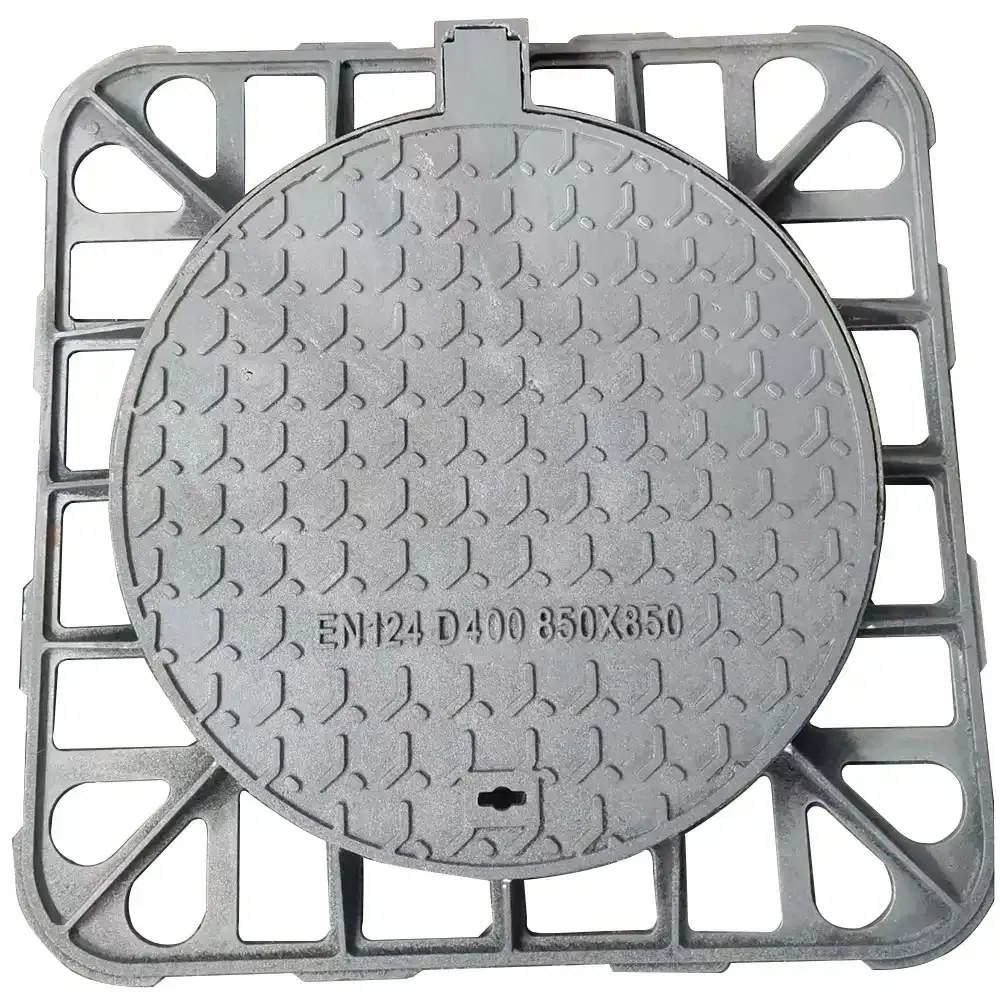- Afrikaans
- Albanian
- Amharic
- Arabic
- Armenian
- Azerbaijani
- Basque
- Belarusian
- Bengali
- Bosnian
- Bulgarian
- Catalan
- Cebuano
- China
- China (Taiwan)
- Corsican
- Croatian
- Czech
- Danish
- Dutch
- English
- Esperanto
- Estonian
- Finnish
- French
- Frisian
- Galician
- Georgian
- German
- Greek
- Gujarati
- Haitian Creole
- hausa
- hawaiian
- Hebrew
- Hindi
- Miao
- Hungarian
- Icelandic
- igbo
- Indonesian
- irish
- Italian
- Japanese
- Javanese
- Kannada
- kazakh
- Khmer
- Rwandese
- Korean
- Kurdish
- Kyrgyz
- Lao
- Latin
- Latvian
- Lithuanian
- Luxembourgish
- Macedonian
- Malgashi
- Malay
- Malayalam
- Maltese
- Maori
- Marathi
- Mongolian
- Myanmar
- Nepali
- Norwegian
- Norwegian
- Occitan
- Pashto
- Persian
- Polish
- Portuguese
- Punjabi
- Romanian
- Russian
- Samoan
- Scottish Gaelic
- Serbian
- Sesotho
- Shona
- Sindhi
- Sinhala
- Slovak
- Slovenian
- Somali
- Spanish
- Sundanese
- Swahili
- Swedish
- Tagalog
- Tajik
- Tamil
- Tatar
- Telugu
- Thai
- Turkish
- Turkmen
- Ukrainian
- Urdu
- Uighur
- Uzbek
- Vietnamese
- Welsh
- Bantu
- Yiddish
- Yoruba
- Zulu
Septemba . 21, 2024 20:35 Back to list
sodium slicate sand casting manufacturer
Sodium Silicate Sand Casting A Comprehensive Overview
Sodium silicate sand casting is an innovative and versatile method widely utilized in the foundry industry for producing high-quality metal parts. This process involves the use of sodium silicate as a bonding agent in a sand mold, enabling the creation of complex shapes with excellent surface finishes. As industries evolve, the demand for precision manufacturing continues to rise, making sodium silicate sand casting an attractive option for manufacturers.
The Basics of Sodium Silicate Sand Casting
Sodium silicate, often referred to as water glass, is a colorless, viscous liquid made primarily from sodium oxide and silica. When used in sand casting, sodium silicate serves as a binder that holds sand particles together, thus forming a mold. The process typically begins with mixing fine sand particles with sodium silicate and water, creating a moldable mixture. Once the desired mold shape is formed, it is cured through a chemical reaction initiated by an additional catalyst, usually carbon dioxide. This transformation hardens the mold, making it ready for the casting process.
Advantages of Sodium Silicate Sand Casting
1. Eco-Friendly One of the significant advantages of sodium silicate sand casting is its environmentally friendly nature. Unlike traditional methods that utilize resin-based binders, sodium silicate is non-toxic and can be easily recycled, minimizing waste.
2. Versatility This method can accommodate various metals, including iron, aluminum, and bronze, making it suitable for a wide range of applications. The ability to produce intricate designs adds to its appeal, allowing manufacturers to create complex components with precision.
sodium slicate sand casting manufacturer

3. Cost-Effectiveness Sodium silicate sand casting often results in lower production costs compared to other casting methods. With reduced energy consumption during the curing process and less material wastage, manufacturers can achieve significant savings.
4. Excellent Surface Finish The sand molds produced are known for their superior surface finishes, which reduce the need for extensive machining and finishing operations. This feature is particularly beneficial for industries that prioritize aesthetic and functional quality in their components.
Applications in Various Industries
The applications of sodium silicate sand casting span a wide range of industries. In the automotive sector, it is used to produce engine blocks, transmission housings, and other critical components. The aerospace industry relies on this method for manufacturing lightweight and durable parts that meet stringent safety standards. Furthermore, industries such as agriculture, construction, and machinery benefit from the versatility and reliability of sodium silicate castings for various applications.
Conclusion
In conclusion, sodium silicate sand casting represents a significant advancement in casting technology. Its eco-friendly nature, versatility, and cost-effectiveness make it a preferred choice for manufacturers across various sectors. As industries continue to seek innovative solutions to meet production demands, sodium silicate sand casting remains a powerful tool, enabling the creation of high-quality, precision-engineered components. With ongoing advancements in materials and techniques, this casting method is poised to play an even more significant role in the future of manufacturing. Manufacturers considering sodium silicate sand casting should work with reputable suppliers who specialize in this technology to ensure optimal results and superior quality.
-
8mm Thin-Walled Cast Steel Manhole Cover Pallet Bottom Ring | Durable
NewsAug.04,2025
-
Premium Cast Iron Water Main Pipe: Durable, Corrosion-Resistant
NewsAug.03,2025
-
Durable Cast Iron Water Mains | AI-Optimized Systems
NewsAug.02,2025
-
High-Efficiency Propane Boiler for Baseboard Heat | Save Energy
NewsAug.01,2025
-
Premium Source Suppliers for Various Gray Iron Castings
NewsJul.31,2025
-
Durable Cast Iron Water Main Pipes | Long-Lasting
NewsJul.31,2025


